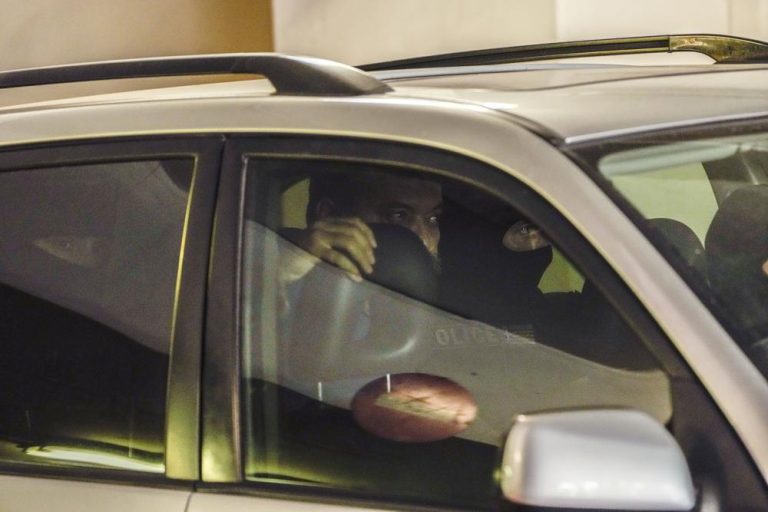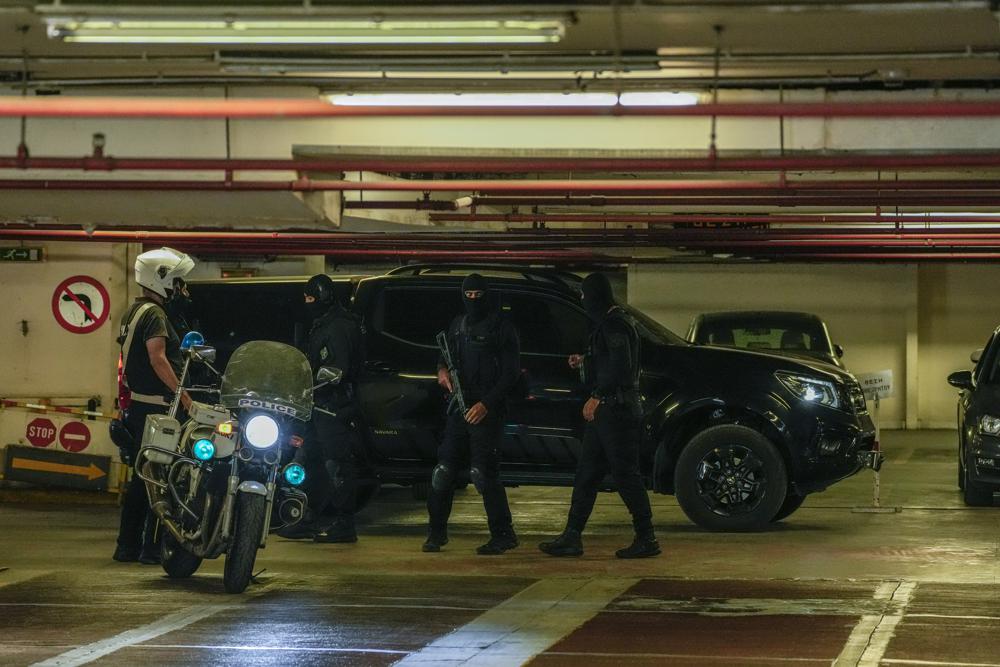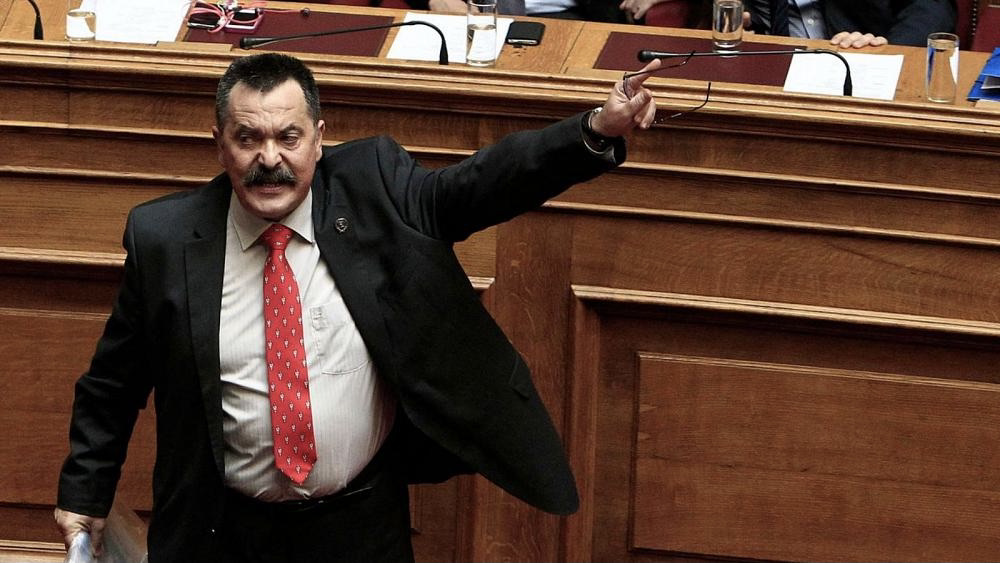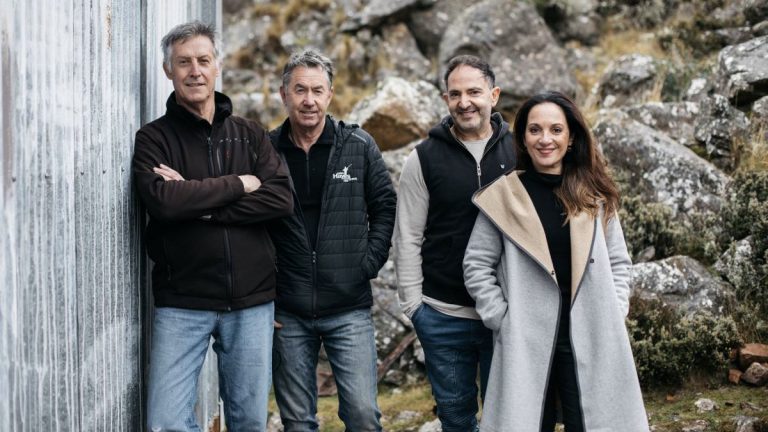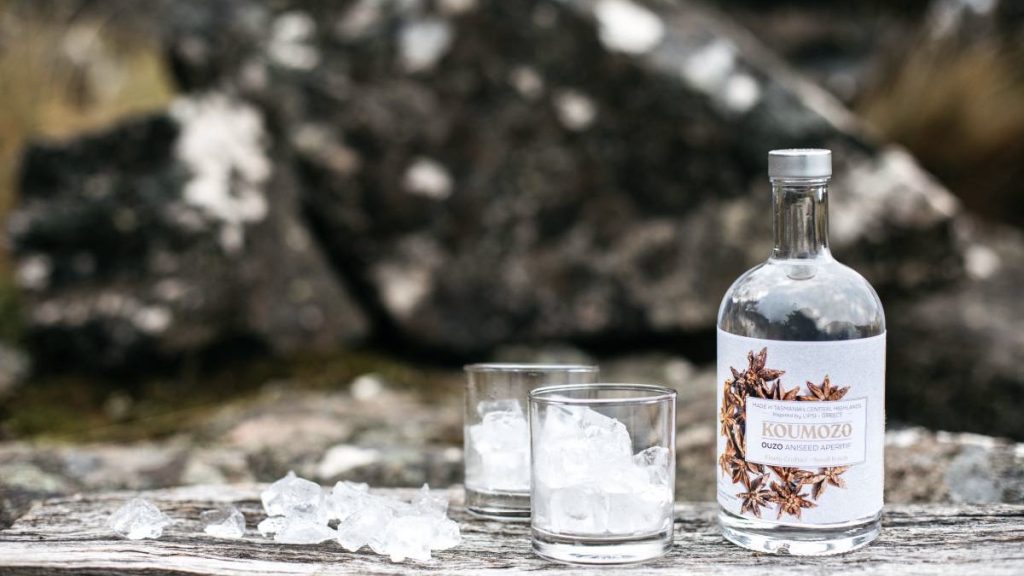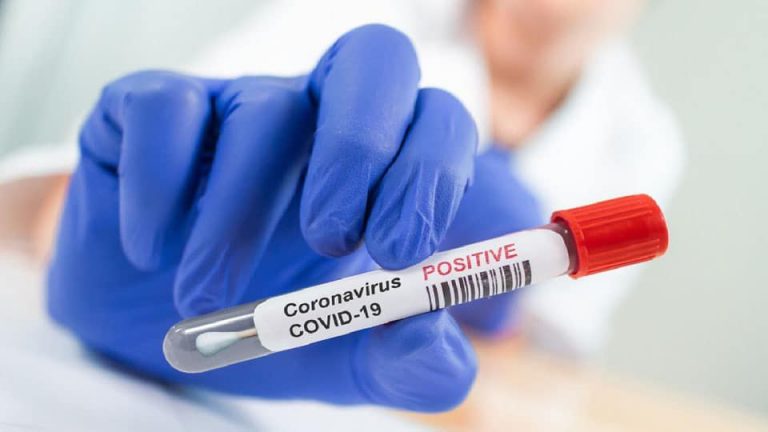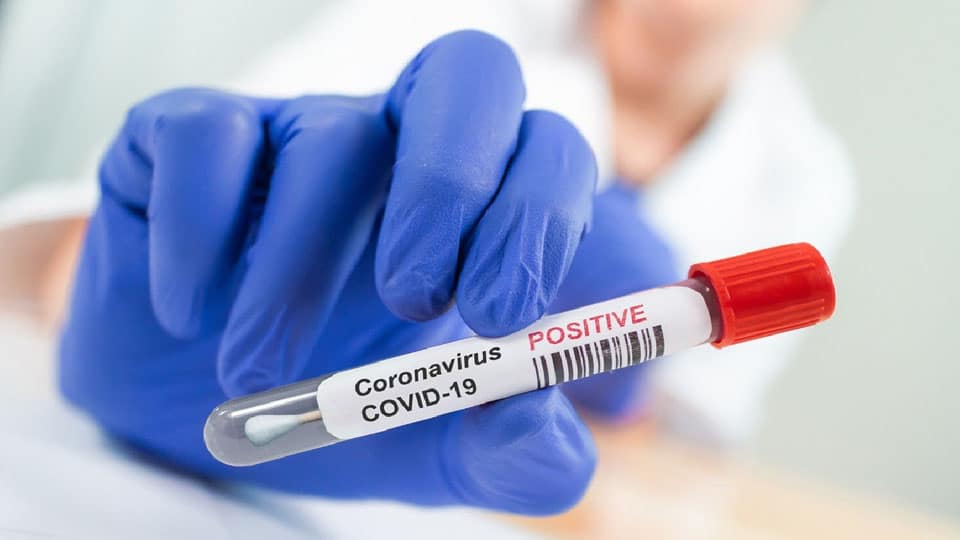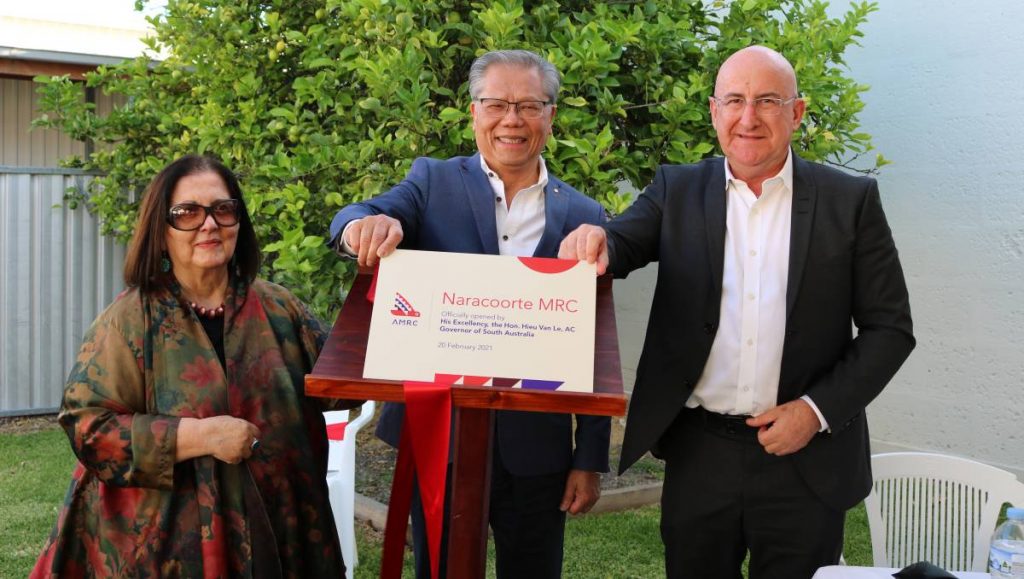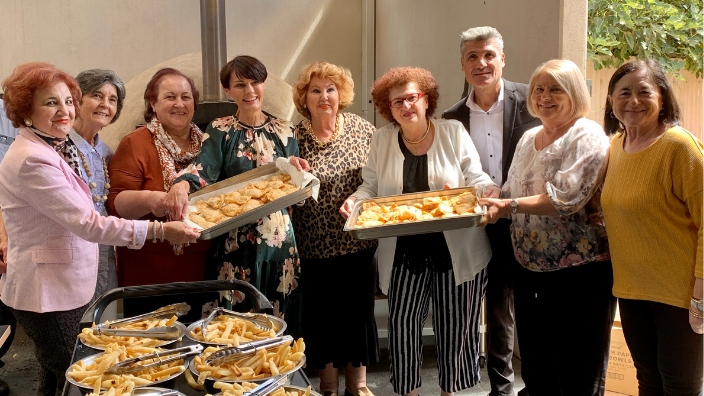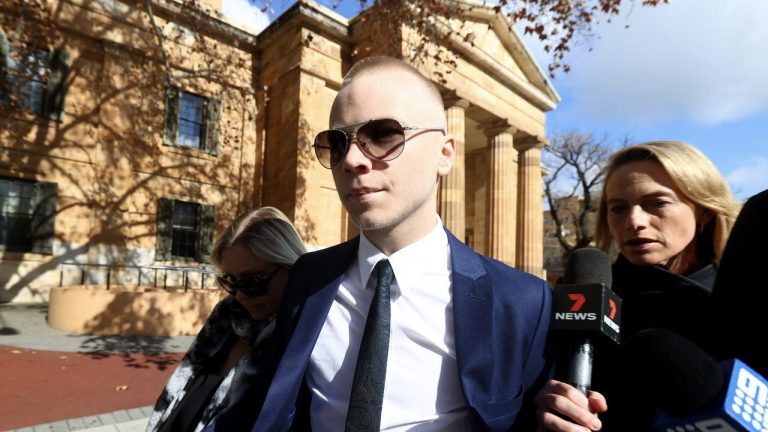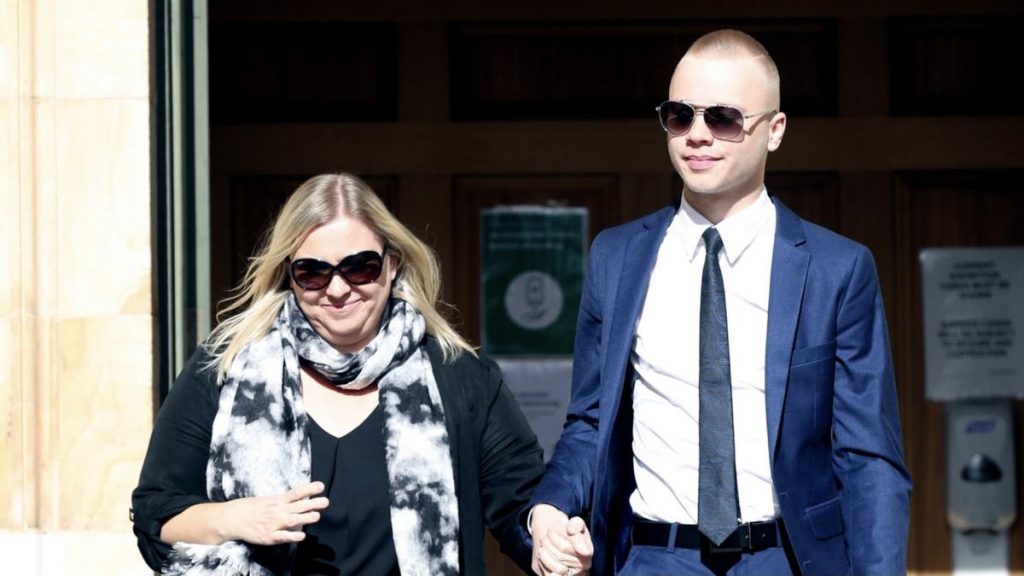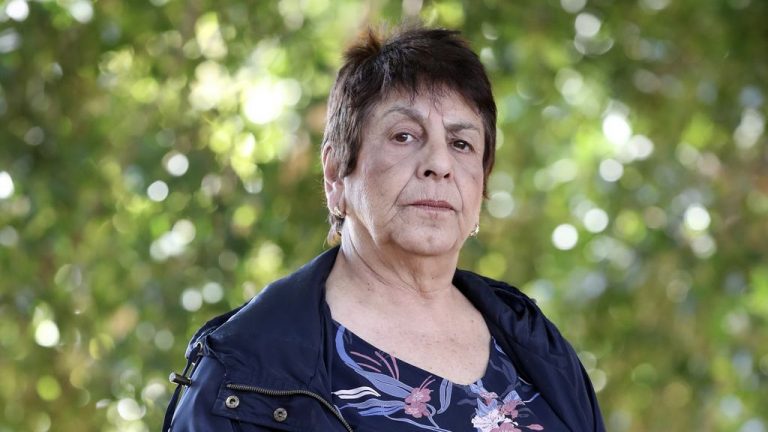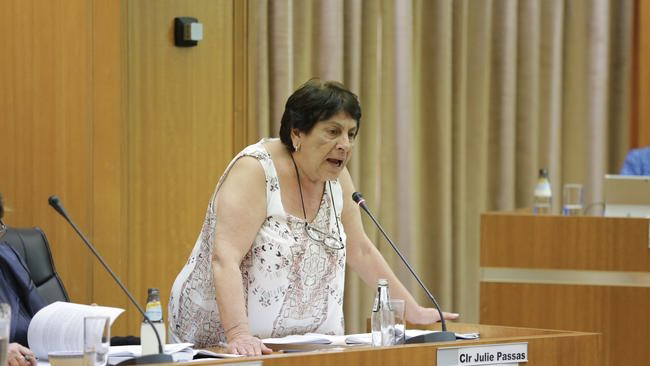When an Australian and American combine on the tennis court, no one is safe. Especially not if it’s the comedic pair Nick Kyrgios and Venus Williams, who combined to defeat Austin Krajicek and Sabrina Santamaria 6-3 3-6 7-5.
The duo got off to a great start, dominating the first set and having a few laughs along the way. Social media became in awe of the two professional tennis players, showing great expertise with the ball while also providing some heartfelt moments.
The pair finished with six aces and a first serve percentage of 63. Despite getting off to a great start, the match turned on its heels in the second and third sets, with the American duo out-hitting Kyrgios and Williams.
Things heated up in the third set when Kyrgios was slapped with a code violation for swearing during an argument with the umpire, when he felt he was denied a chance to challenge and Williams’ serve was broken.
“What are you f***ing talking about? It’s the same f***ing thing. It’s bulls**t,” Krygios said.
But that didn’t stop the loveable mixed doubles pair, who went on to win the final set 7-5 in a quality display of tennis. Celebrating their victory, many noticed Williams subtly high five herself after being left hanging but a joyful Kyrgios.
“Oh my god!!!!! I didn’t even know,” Kyrgios wrote on Twitter when he saw the vision.
“SORRY @Venuseswilliams. BUT THAT WAS SOME AWESOME STUFF AND MEMORIES I WILL NEVER FORGET.”
Kyrgios admitted there was “added pressure” that came with playing alongside one of the sport’s icons.

“I’ve played a lot of mixed doubles and a lot of doubles. But there was definitely some added pressure. I usually don’t really get affected by [it], playing doubles I actually feel like is a bit of fun,” he said.
“But definitely today I felt a bit of pressure playing with Venus.
“I just wanted to, not put on a good showing or anything, I really wanted to win. I’ve never really wanted to win a mixed doubles or a doubles match that much before. I was really trying hard.
“It was just a lot of fun. She’s iconic to the sport and she’s an absolute legend. She’ll go down as one of the greatest players ever to pick up a racquet when it’s all said and done.”
The pair will move on to the second round of the Wimbledon mixed doubles.


